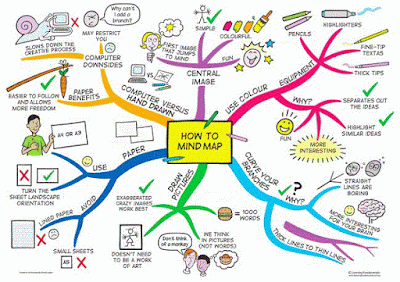Old Donation School is partnering with CHKD to show the “LIKE’ Indieflix original documentary on the impact of social media. This is a free showing @ ODS on Wednesday, March 25, 2020 from 6:30-8 p.m.
Even though social media has become such a big part of our lives and offers us the ability to connect with the world, are we sure of all of the effects it has on us and children? By understanding the effects of technology and social media on the brain and on our lives, we can learn how to navigate it more safely together. “Like” is a documentary about the impact of social media on our lives. The screening is open to all parents, professionals and youth (ages 10 and older) in the community. Registration is recommended as seating is limited. A brief Q&A discussion with a CHKD panel will immediately follow the screening.
Please visit www.chkd.org/classes for more information and register using the link: Register here!










